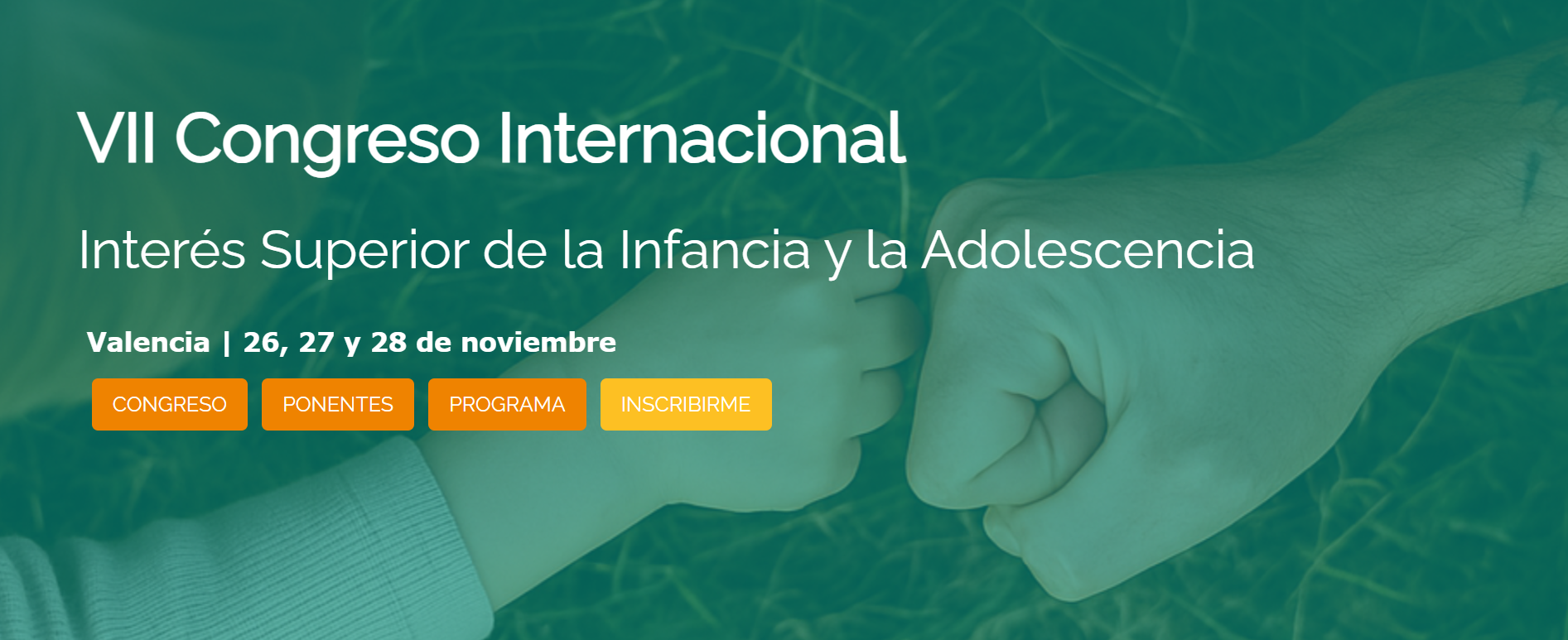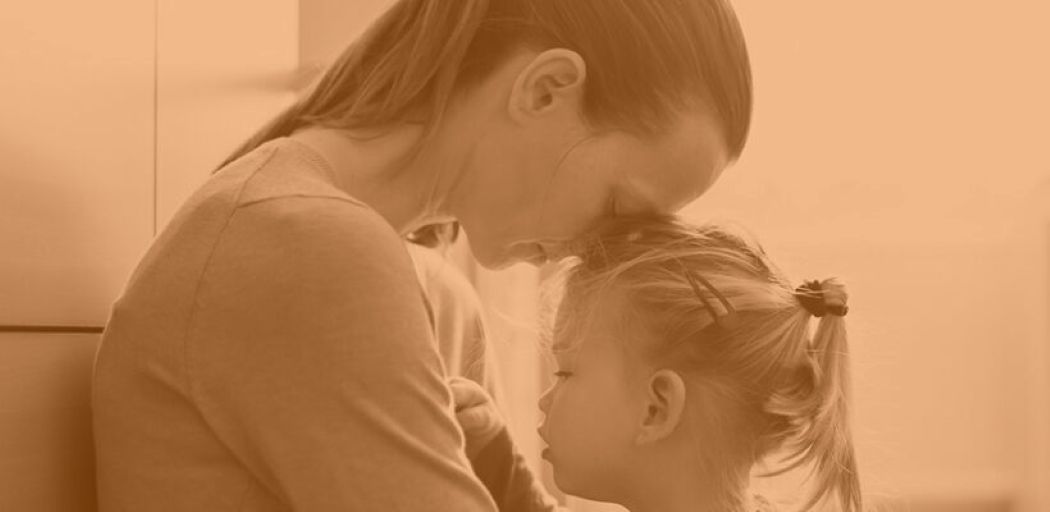28th FEDAIA Forum: Supporting deinstitutionalisation and family strengthening in Catalonia
On June 13, the Spanish Government adopted the 2024-2030 National Strategy for a New Model of Community-Based Care, focusing on those at risk of social exclusion. The ultimate goal is to move away from institutional care and transition towards family and community-based support systems.
At the 28th FEDAIA Forum, Francesca Pisanu, EU Advocacy Officer at Eurochild, joined discussions on the implementation of this strategy in Catalonia, and the challenges and the contradictions that can be encountered along the way while implementing deinstitutionalisation strategies.
The 2024-2030 National Strategy for a New Model of Community-Based Care
In 2022, a total of 17,061 children and adolescents were living in residential care facilities. Between 2021 and 2022, 75% of the children who entered the child protection system were directly placed in residential care.
Spain’s deinstitutionalisation strategy is anchored in five core areas:
- Prevention: Addressing the root causes of institutionalisation, such as poverty, lack of services (including affordable housing), and discrimination. These include both universal measures as well as flexible, targeted ones.
- Participation: Promoting the participation of people in the community and ensuring their views play a role in decisions concerning them. This involves fostering a new societal vision of what it means to live a fulfilling life in the community, including making information accessible to them.
- Transformation: Creating new models of care and support focused on community-based care. This also includes strengthening the social care workforce and ensuring the quality of services.
- Transition: Diversifying and strengthening support systems with the person at the center, focusing on families, and enhancing coordination to ensure safe and gradual transitions.
- Conditions enabling the deinstitutionalisation process: Developing and amending the legislative framework, ensuring sustainable funding for community-based models, and building a cooperation system founded on human rights.
The strategy will be implemented through three operational plans (2024-2025, 2026-2027, and 2028-2030), specifying the objectives, lines of action, and measures to be taken by the General State Administration and the Autonomous Communities, assigning a budget and an indicative timeline for the execution of each action or initiative. The plans are linked to the Strategy’s monitoring and evaluation system, and coordination is ensured through interministerial and interterritorial coordination.
28th FEDAIA Forum "Deconstructing Institutionalisation"
With this event, Eurochild’s member FEDAIA reaffirmed their commitment to supporting children in family and community settings, emphasising the importance of deinstitutionalisation as a key pillar in transforming care models. The speakers included representatives from the Government of Catalonia, Barcelona City Council, Barcelona Provincial Council, Spain's Ministry of Social Rights and the 2030 Agenda, the 'la Caixa' Banking Foundation, the Catalan Ombudsman and the University of Barcelona. Various NGOs, such as Salesians Sant Jordi, Pere Tarrés Foundation, Suara, and INTRESS, participated and presented their work supporting children and families on the ground. Their approach involved placing children at the centre, assessing each case individually, and working with extended families to see how different systems interact with one another. The conference also included workshops led by organisations from various cities across Catalonia, engaging small groups in discussions on topics such as community work, support networks, and family care strategies.
Eurochild's contribution and insights on reforming child care and protection systems across Europe
Francesca Pisanu, representing Eurochild, gave an overview of how the EU legislative frameworks linked to the reform of the child care and protection systems are implemented on the ground. Francesca shared examples from the implementation of the European Child Guarantee in various countries, such as Care Leaver’s Project in Italy, the progress in Bulgaria with the closure of the remaining four institutions, and the bill regulating alternative care for children in Cyprus. She also mentioned the European Commission Recommendation on integrated child protection systems, stressing that Member States should invest in non-residential services, promote national strategies for deinstitutionalisation, ensure adequate support for foster families and support care-experienced individuals. Francesca highlighted potential contradictions in implementing deinstitutionalisation strategies, including the exclusion of vulnerable groups, including children with disabilities, those from migrant backgrounds, and racialised children like the Roma from the reform efforts. The lack of definition of institutional care was also highlighted as a key challenge.
Supporting members at the local and regional level
Eurochild is delighted to contribute to the ongoing dialogue on reforming child care and protection systems. Catalonia is implementing numerous initiatives, including a comprehensive approach to early childhood education and care, alongside enhanced support for children with disabilities. These measures are essential for addressing the root causes of child institutionalisation, such as poverty and lack of access to services.
We are pleased to serve as a bridge between EU institutions and local professionals, collaborating with members and stakeholders to ensure that EU and national policies are effectively translated into meaningful action on the ground.
For more information, please contact Francesca Pisanu, Eurochild EU Advocacy Officer





